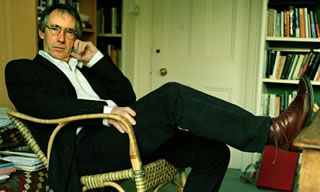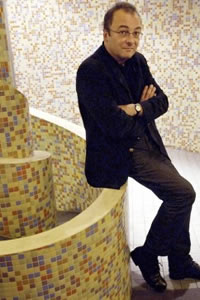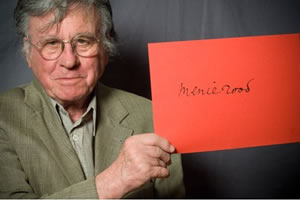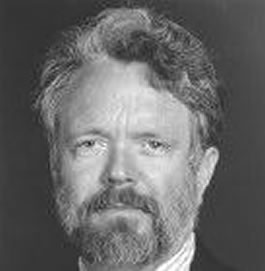De Britse schrijver Ian McEwan werd op 21 juni 1948 geboren in de Engelse garnizoensplaats Aldershot. Zie ook mijn blog van 21 juni 2007 en ook mijn blog van 21 juni 2008 en ook mijn blog van 21 uni 2009.
Uit: Atonement
“The play, for which Briony had designed the posters, programmes and tickets, constructed the sales booth out of a folding screen tipped on its side, and lined the collection box in red crepe paper, was written by her in a two-day tempest of composition, causing her to miss a breakfast and a lunch. When the preparations were complete, she had nothing to do but contemplate her finished draft and wait for the appearance of her cousins from the distant north. There would be time for only one day of rehearsal before her brother arrived. At some moments chilling, at others desperately sad, the play told a tale of the heart whose message, conveyed in a rhyming prologue, was that love which did not build a foundation on good sense was doomed. The reckless passion of the heroine, Arabella, for a wicked foreign count is punished by ill fortune when she contracts cholera during an impetuous dash towards a seaside town with her intended. Deserted by him and nearly everybody else, bed-bound in a garret, she discovers in herself a sense of humour. Fortune presents her a second chance in the form of an impoverished doctor–in fact, a prince in disguise who has elected to work among the needy. Healed by him, Arabella chooses judiciously this time, and is rewarded by reconciliation with her family and a wedding with the medical prince on ‘a windy sunlit day in spring’.
Mrs Tallis read the seven pages of The Trials of Arabella in her bedroom, at her dressing table, with the author’s arm around her shoulder the whole while. Briony studied her mother’s face for every trace of shifting emotion, and Emily Tallis obliged with looks of alarm, snickers of glee and, at the end, grateful smiles and wise, affirming nods. She took her daughter in her arms, onto her lap–ah, that hot smooth little body she remembered from its infancy, and still not gone from her, not quite yet–and said that the play was ‘stupendous’, and agreed instantly, murmuring into the tight whorl of the girl’s ear, that this word could be quoted on the poster which was to be on an easel in the entrance hall by the ticket booth.“

Ian McEwan (Aldershot, 21 juni 1948)
Lees verder “Ian McEwan, Alon Hilu, Françoise Sagan, Patrick Lowie, Wulf Kirsten”



